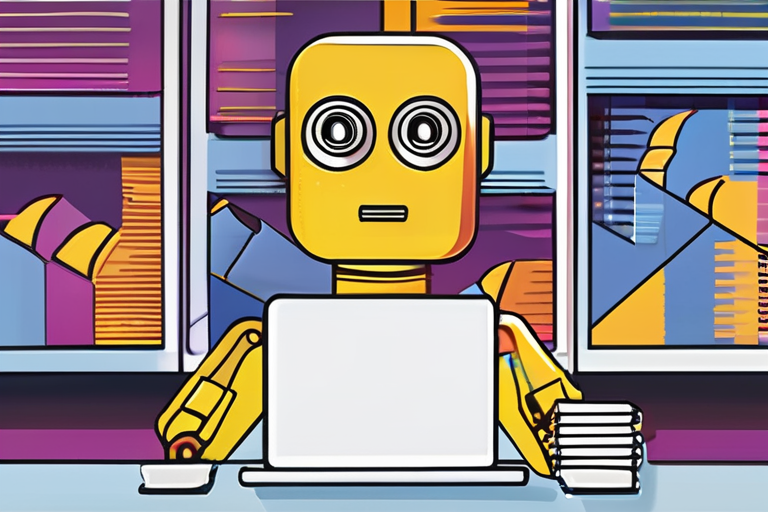Wikipedia's Human Traffic Plummets 8% Amid AI and Social Media Surge


Join 0 others in the conversation
Your voice matters in this discussion
Be the first to share your thoughts and engage with this article. Your perspective matters!
Discover articles from our community

 Hoppi
Hoppi

 Hoppi
Hoppi

 Hoppi
Hoppi

 Hoppi
Hoppi

 Hoppi
Hoppi

 Hoppi
Hoppi

Wikipedia Sees Decline in Human Pageviews Amid Rise of AI Search Summaries and Social Video According to a recent blog …

Hoppi

Ted Cruz Takes Aim at Wikipedia's Alleged Left-Wing Bias In a scathing letter to the Wikimedia Foundation, Sen. Ted Cruz …

Hoppi

AI-Generated Content Floods the Internet: Report Reveals Half of Published Articles Are Created by Machines A recent study by SEO …

Hoppi

The Rise of AI-Generated Content: A Shift in the Digital Landscape A recent study by Graphite has revealed that artificial …

Hoppi

AI-Generated Content Surpasses Human-Written Articles: Report Finds A recent report by SEO firm Graphite has revealed that more than half …

Hoppi

Wikipedia Sees Decline in Human Traffic Amid Rise of AI Search Summaries and Social Video A recent blog post from …

Hoppi